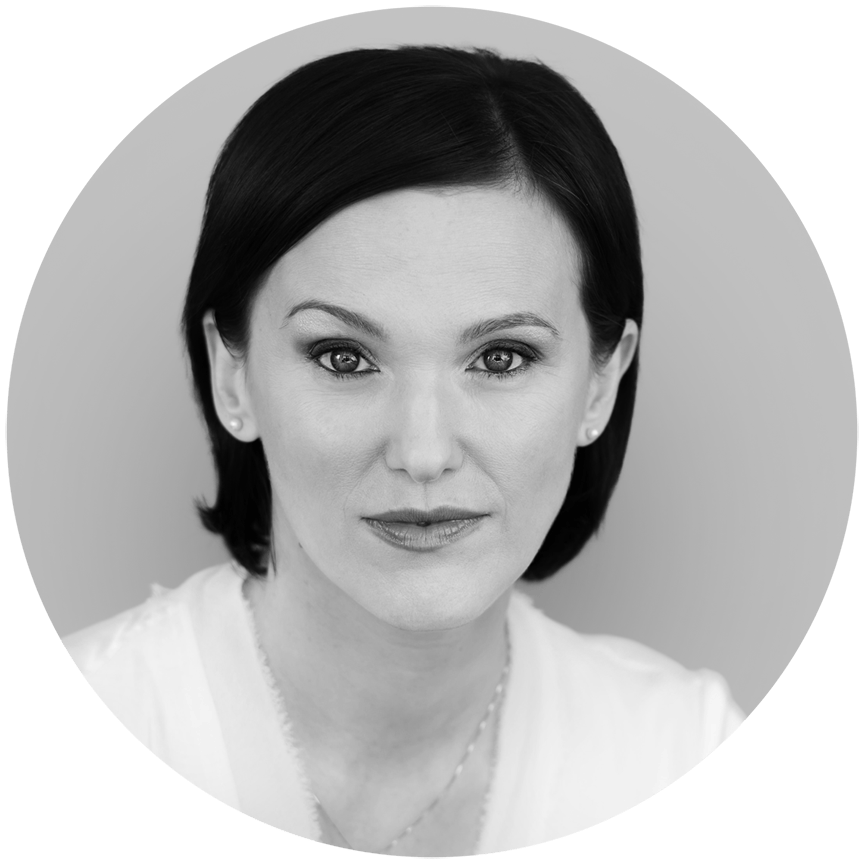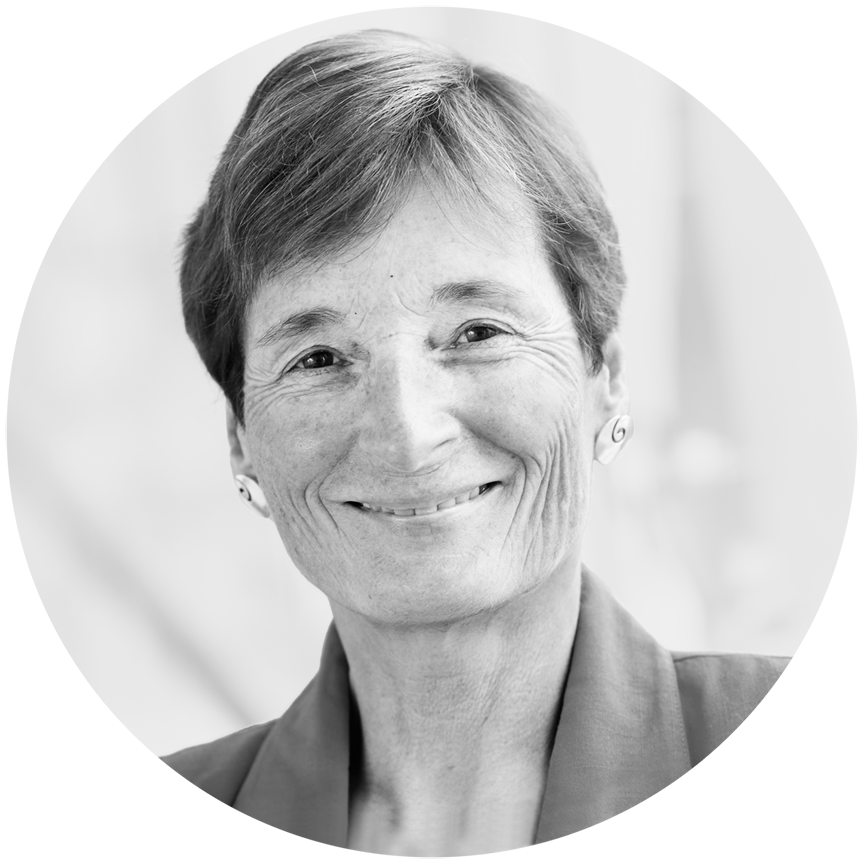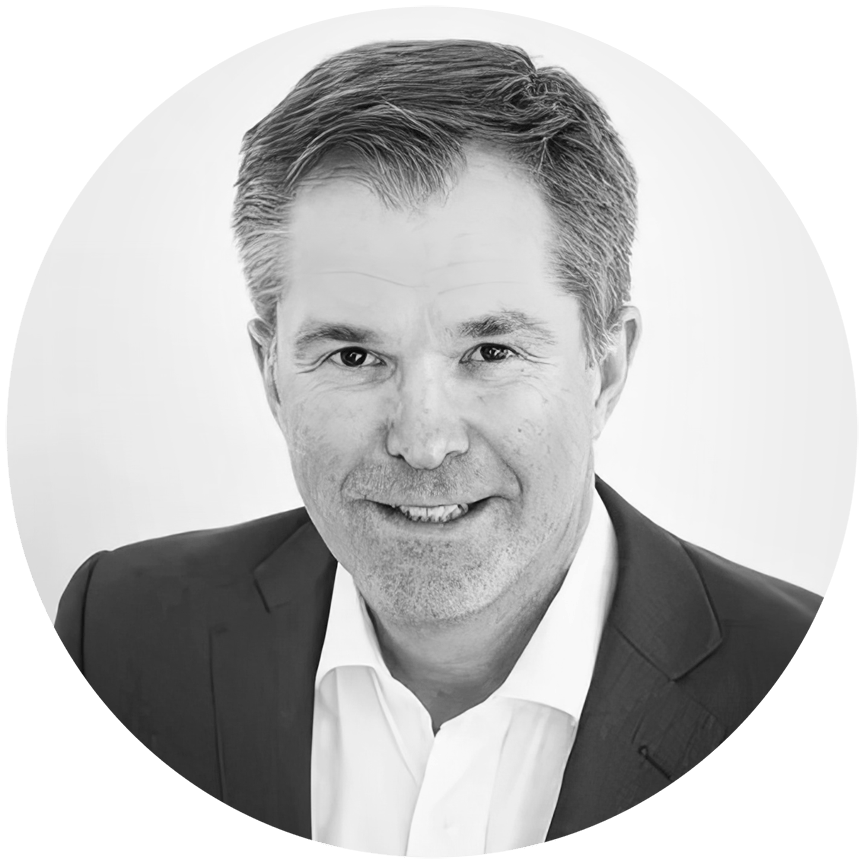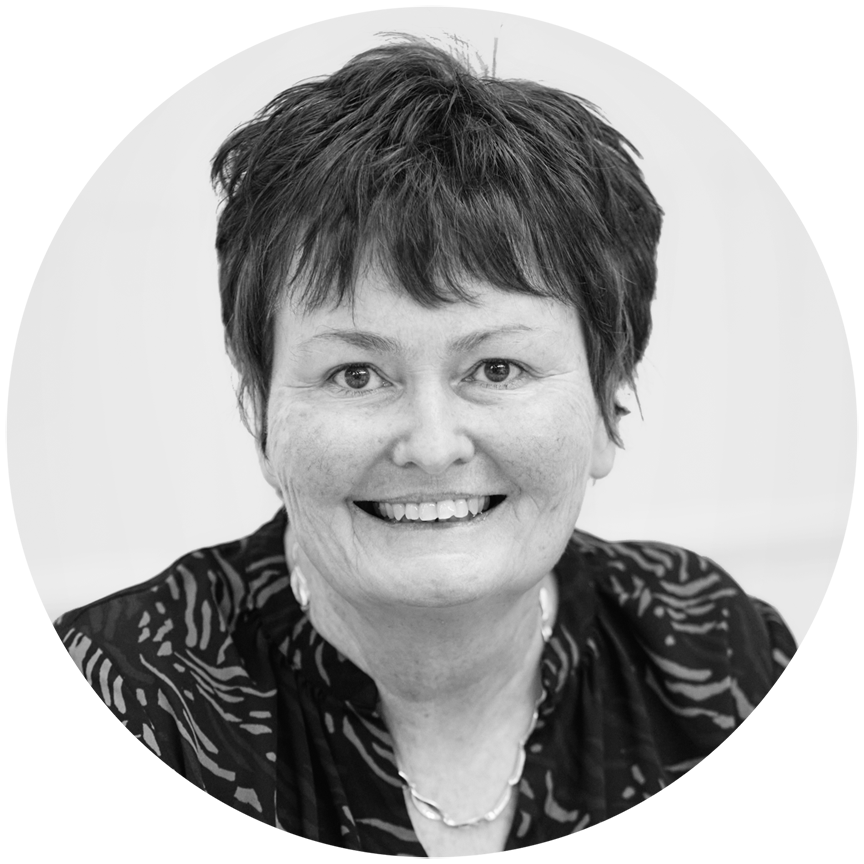Creating breakthroughs in human health is hard. It requires innovation and demands that we solve complex problems. And complex problems are better solved by diverse teams.
At Wellcome Leap, we set the initial objectives outlined below to help ensure we achieve the level of diversity and collaboration needed to accelerate breakthroughs in human health. Our strong belief is that goals around diversity and inclusion should be clear, transparent, and measurable. Importantly, we recognize that representation is not enough — diversity is necessary, but insufficient. To achieve the desired results, it is also necessary that unique voices and contributions are welcomed and part of decision making.
To this end, our first goals are centered on inclusion and representation (from different ethnicities, races, genders, in addition to geographies and ecosystems) in our leadership, funding decisions, and program execution.
Leadership:
- Build a diverse Board of Directors by recruiting up to 3 additional members. Our board is currently 40% female and international; our next focus is on expanding race and ethnicity.
- Build diverse slates of new Program Directors (PDs) and seek to hire a diverse cohort as measured across approximately 20 PDs over the next 5 years. Notably, because PDs are hired for fixed terms of 3 to 4 years, and the numbers are small, the diversity of this group may shift significantly over time.
Funding decisions and program execution:
- Conduct competitive calls where potential performers, at all stages of career and from diverse organizations and backgrounds, have an equal shot at applying and contributing to the program goals. We have no traditional eligibility criteria for performers in terms of career stage, type of researcher or discipline, type of or location of host institution.
- Engage a diverse team of advisors to offer input to the Program Director in the proposal evaluation and selection process; measure representation of proposers through the funnel from abstract to funding decision as a means of testing the equitability of our selection processes. If we find disparities, we will assess why, adjust, and track for improvement.
- Ensure program teams work collaboratively toward the program goals, in an environment characterized by rigor, openness, humility, and fairness. Wellcome Leap programs are expected to have not only skilled, capable people, but skilled, capable people who can also work together. Program Directors are expected to set expectations for the team working environment and have the authority to discontinue project funding if standards are not met in both ‘how’ and ‘what’ performers contribute. Unlike individual efforts designed to achieve a goal alone, our programs require multi-disciplinary teams from universities, companies, and non-profit labs working together to solve problems that they cannot solve alone. This creates a rare shared incentive to be open to diverse viewpoints and work together effectively.
- Be quantitative in setting and assessing goals. Over the last decade, numerous studies on annual evaluations and promotion criteria in companies and universities have shown that specificity in goals and measures of success creates more equity and encourages participation from all members of a team.
An unwavering commitment.
Our mandate is to increase and accelerate breakthroughs in human health. This requires a commitment to bold programs executed with speed and agility by diverse, creative teams. Oftentimes as the work progresses, new challenges or opportunities are revealed. Our commitment is to adjust collaboratively with program participants. This necessarily means that the tasks and teams of performers may change throughout execution – milestones will be modified, adjusted, take on more or less intensity; some performers will leave; new team members will join. The Program Director is responsible for orchestrating activities around a common, specific, and quantifiable goal. For these reasons, our funding is in the form of contracts, rather than grants.
This form of funding is intended to expand options and complement other research and development efforts. Higher-risk ideas that are often central in a Wellcome Leap program, may not find support elsewhere. It’s a decidedly different way of working, focused on collaboration, intense in pace, mission oriented, and dynamic — we are confident that this type of work adds to both what we accomplish and how we work — together.






